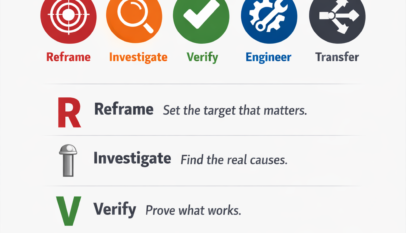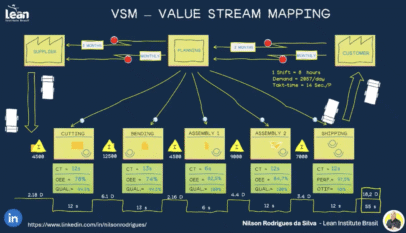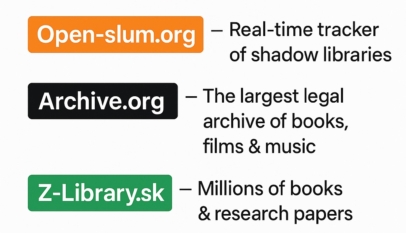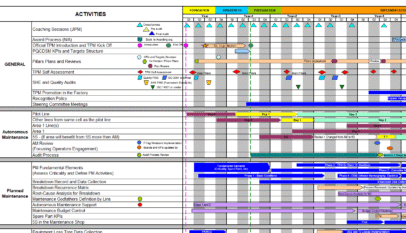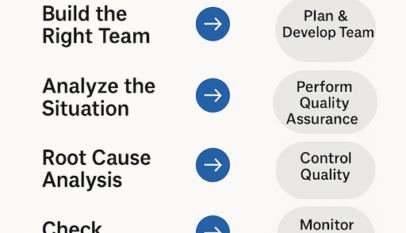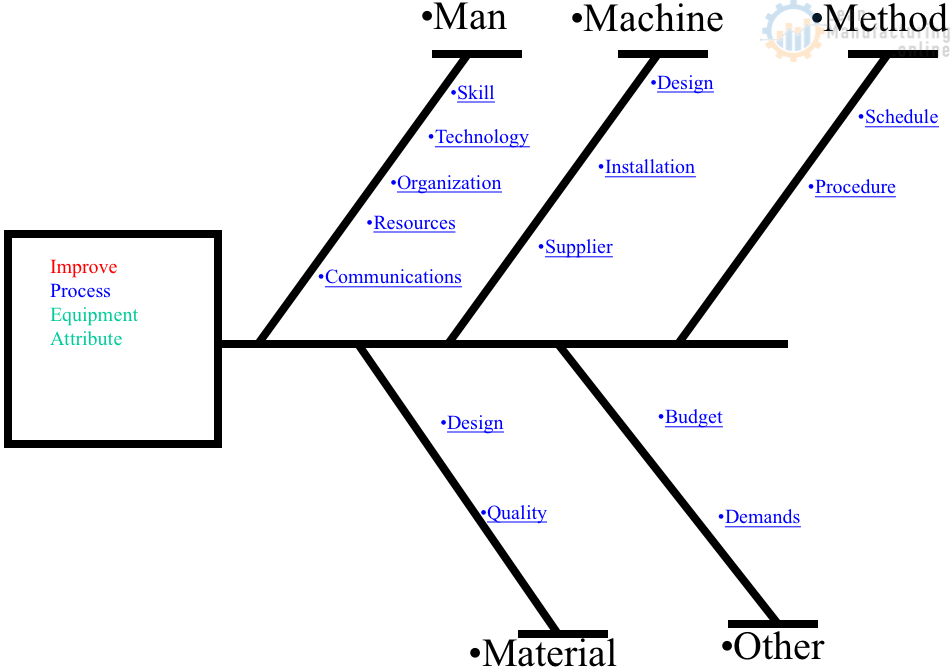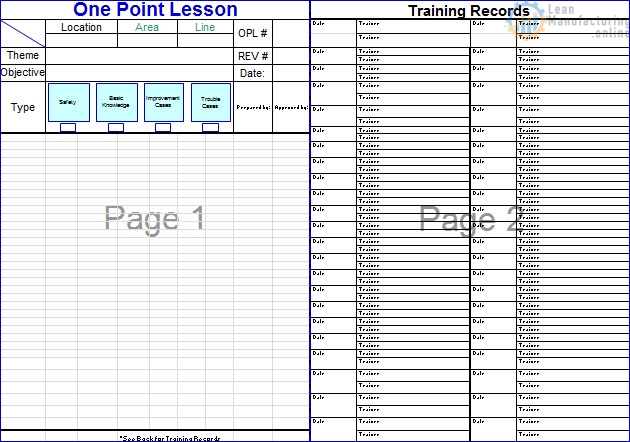Are you considering a career in project management? This comprehensive guide will help you navigate the essential skills, career paths, education options, and certification processes needed to excel in this dynamic field.
Essential Skills for Project Managers
Project management demands a blend of soft and hard skills:
Soft Skills:
- Leadership: Inspiring and guiding teams.
- Delegation: Assigning tasks effectively.
- Communication: Clear and concise information exchange.
- Meeting Management: Running productive meetings.
- Time Management: Prioritizing and managing time efficiently.
- Organization: Keeping projects and resources well-structured.
- Problem Solving: Addressing and resolving issues.
- Negotiation: Reaching beneficial agreements.
- Strategic Thinking: Seeing the big picture.
Hard Skills:
- Project Management Methodologies: Familiarity with various approaches.
- Software Proficiency: Using project management tools.
- Planning and Scheduling: Developing detailed project plans.
- Budgeting: Managing project costs.
- Procurement: Handling acquisitions.
- Risk Management: Identifying and mitigating risks.
- Change Control: Managing project changes.
- Performance Measurement: Tracking project progress.
- Domain Expertise: Specialized knowledge in relevant fields.
- Writing: Crafting clear and effective project documentation.
Career Paths in Project Management
Project management offers diverse career opportunities, starting from entry-level roles to advanced positions:
Entry-Level Roles:
- Project Administrator
- Project Manager
- Project Scheduler
Advanced Roles:
- Program Manager
- Portfolio Manager
- PMO Leader
Alternative Career Options:
- Risk Manager
- Organizational Change Manager
- Operations Manager
Education and Training
Continuous learning is vital for project managers. Various educational paths include:
Pre- and Post-Certification Options:
- Universities and colleges
- Remote learning platforms
- In-person training companies
- Employer-sponsored programs
Certifications and Training Providers:
- PMI® Training and authorized providers
- LinkedIn Learning
- Third-party training platforms
- PMI global and local events
- Professional discussions and readings
Gaining Experience
Practical experience is crucial for developing project management skills. Consider these approaches:
- Volunteering for projects
- Assisting with project management tasks
- Engaging with project management organizations and non-profits
Certifications
Certifications validate your skills and knowledge. Here are some key project management certifications:
- Certified Associate in Project Management (CAPM)
- Project Management Professional (PMP)
- PMI Agile Certified Practitioner (PMI-ACP)
- PMI Scheduling Professional (PMI-SP)
- Professional in Business Analysis (PMI-PBA)
- Risk Management Professional (PMI-RMP)
- Program Management Professional (PgMP)
- Portfolio Management Professional (PfMP)
- PRINCE2 Foundation and Practitioner
- Certified Scrum Master
Obtaining and Maintaining Certifications
To obtain certifications like the PMP, you need to meet specific education and experience requirements and pass an exam. Maintaining your certification involves earning Professional Development Units (PDUs) through various activities, including ongoing education and contributing to the profession.
Exam Preparation and Application
Prepare for exams through authorized courses and document your experience meticulously. The PMP application involves verifying your eligibility, documenting your education and experience, and passing an audit process if selected.
Conclusion
A career in project management is rewarding and offers various paths for growth and specialization. You can establish yourself as a proficient project manager by developing essential skills, pursuing relevant education, gaining practical experience, and obtaining certifications.

